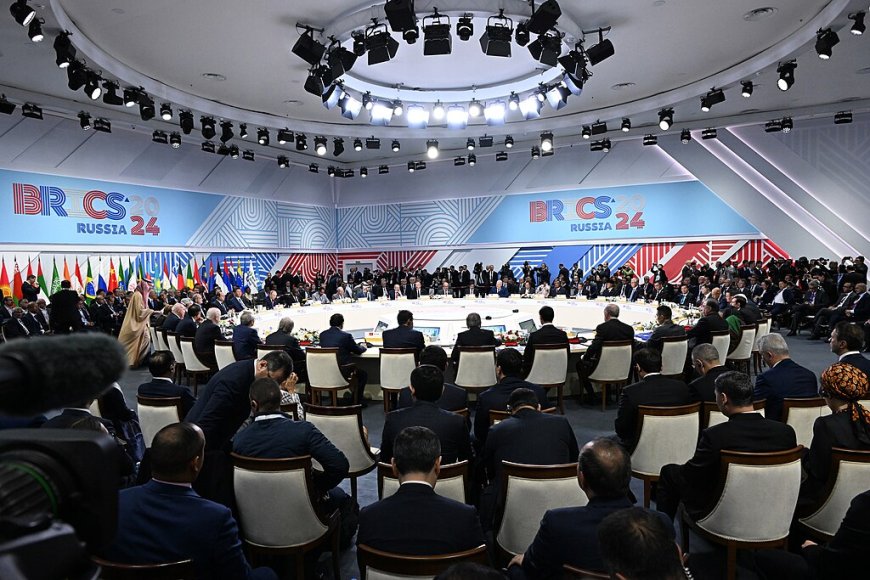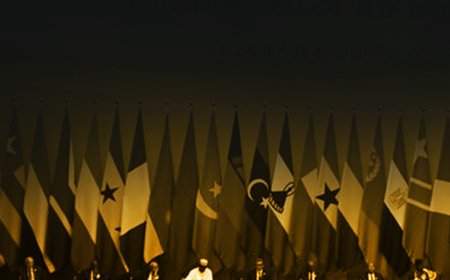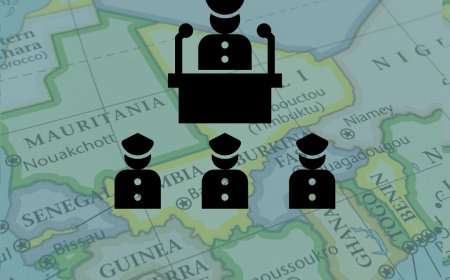The 16th BRICS Summit took place on 22-24 October in Kazan, Russia, with new members Egypt, Ethiopia, Iran, and the United Arab Emirates participating for the first time. As BRICS expands its influence and membership, particularly with the inclusion of more African countries, these summits provide a valuable platform for cooperation on critical issues such as trade, investment, and sustainable development. The summit underscored the importance of a multipolar world where the perspectives and priorities of the Global South are recognised. For African nations, this was a vital opportunity to amplify their role in global economic governance. Meanwhile, Western partners of the continent, including the EU and Germany, monitored developments closely, reflecting the broader implications of BRICS’ growing influence.
To explore the key themes of the summit that unfolded amid significant global geopolitical shifts, APRI — the Africa Policy Research Institute and the University of Johannesburg are launching a thought leadership series on key themes surrounding BRICS.




